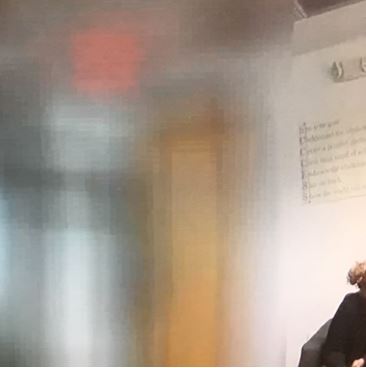In the ongoing Cupo case (FTC v. Vylah Tec LLC), Court denies FTC’s motion to re-freeze CoA Institute’s clients’ assets, including a house and personal bank accounts
Washington, D.C. Cause of Action Institute (CoA) successfully defeated the Federal Trade Commission’s (FTC) efforts to re-freeze some personal assets of CoA client Dennis Cupo and marital assets of Robert Cupo. The assets were frozen at the outset of the case, but upon appeal, the 11th Circuit Court of Appeals unfroze the assets and remanded the case back to the District Court. Judge Sheri Polster Chappell’s order, published yesterday evening, is a major victory for the defendants, especially Dennis Cupo – the Court agreed with CoA’s argument that the Government failed to tie Dennis Cupo’s personal assets to any of the allegations. Much of the case, FTC v. Vylah Tec LLC, centers on the FTC’s aggressive action, including seizing the now-freed assets, securing a temporary restraining order in secret, and using aggressive policing tactics – such as raiding the defendant’s office with armed police officers.
“Yesterday’s ruling and this case are broader than a simple enforcement action by the FTC – it’s about an agency that routinely exceeds its authority to crack down on businesses with aggressive tactics that are meant to scare, intimidate, and bully companies and individual entrepreneurs,” said John Vecchione, president and CEO of Cause of Action Institute. “The Court’s opinion makes clear that the FTC cannot charge Americans with wrongdoing and seize assets, while failing to prove a defendant’s connection to the case or justify the asset seizure. This is a significant victory for the defendants and an important victory in our effort to curb the FTC’s abuse of power.”
Importantly, the Court found that the Government has failed to produce any evidence of wrongdoing about one of the named defendants, Dennis Cupo. As the Court said, “For one thing, it only works if Dennis is a ‘wrongdoer.’ The evidence above clearly suggests otherwise.”
The case involves a small family-run tech support company, Vylah Tec, LLC (“V-Tec”). After obtaining a secret court order, the Federal Trade Commission targeted the company and conducted an hours-long raid of the company’s headquarters on suspicion of “deceptive” sales practices. The raid was initiated as part of a politically-hyped campaign known as Operation Tech Trap headed by the FTC in conjunction with the Florida Attorney General’s office. Despite the hostile raid and seizure of all computers and records, FTC investigators were unable to produce evidence tying any alleged improper conduct to the unfrozen assets, or wrongdoing of any kind to Dennis Cupo.
Not only did the FTC demand a freeze of assets of the defendants, but they also went so far as to demand a freeze of the jointly held marital assets of the wife of one of the defendants. After the 11th Circuit Court of Appeals reversed this freeze – the FTC filed a new motion to recapture the same personal assets without the evidence needed in equity. Judge Chappell strongly rebuked the motion.
“The FTC often lives in a world of its own reality and tries to summarily dictate the law to businesses,” Vecchione added. “In these cases, the FTC plays with a stacked deck as they are granted a much lower bar to proving wrongdoing or seizing assets. The Court found that the FTC did not meet even the lower standard. The Court’s order means a Florida couple can proceed with their lives without a Government threat to leave them homeless, and we hope will lead to Mr. Dennis Cupo being dismissed from the case. We are gratified by this ruling, denying the FTC’s lawless effort to seize assets without following the process every American is due.”
The case highlights much-needed reform in the FTC due to its aggressive, overbearing, and unfair enforcement process. Cause of Action Institute recently filed more than 15 pages of recommended changes that can read here.
About Cause of Action Institute
Cause of Action Institute is a 501(c)(3) non-profit working to enhance individual and economic liberty by limiting the power of the administrative state to make decisions that are contrary to freedom and prosperity by advocating for a transparent and accountable government free from abuse.


